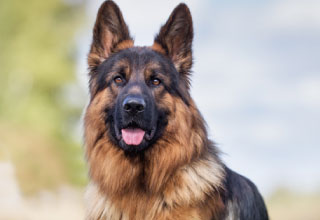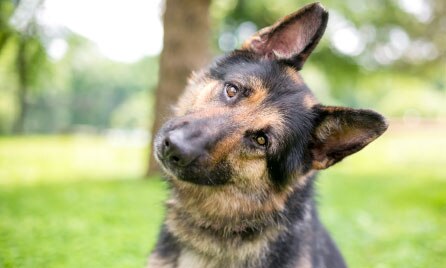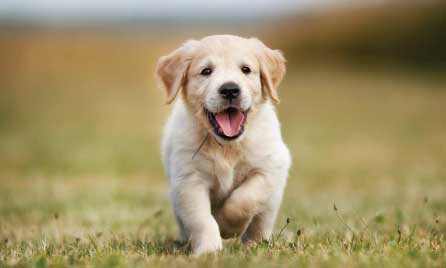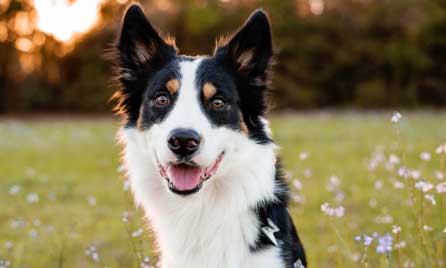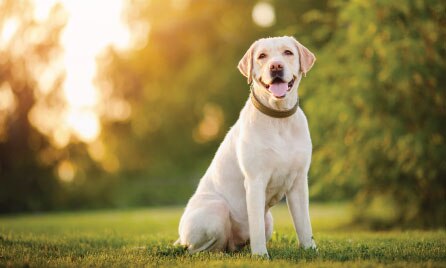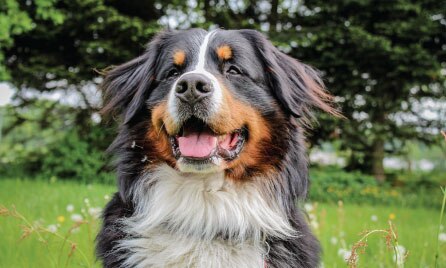- text
-
^ Pre-existing conditions and certain illnesses may be excluded. Policy terms, conditions, exclusions, limits, benefit limits, sub-limits, annual condition limits and excess may apply. For details, please refer to the relevant Product Disclosure Statement (PDS).
◇ Symptoms listed are indicative only, others can apply.
>> As at 31/12/2023 based on the previous 12 months of PetSure (Australia) Pty Ltd claims data.
Information about German Shepherds.
- Information about German Shepherds.
- German Shepherd breed information.
- Should I get a German Shepherd?
- German Shepherd personality.
- Taking care of a German Shepherd.
- Commonly claimed health conditions for a German Shepherd.
- The cost of insuring a German Shepherd.
- Need Pet Insurance for your German Shepherd?
- Why pick Everyday Pet Insurance?
German Shepherds are easily recognisable thanks to their wolf-like appearance and radar-like ears. These dogs are often associated with guarding and protection tasks as guard dogs, police dogs, or service dogs, but they were originally bred as herding dogs, as their name suggests. Australia saw its first German Shepherds arrive around 1925. German Shepherds are usually one of the most loved and gentle pet animals for active households, with the right training and socialisation.
Want to learn more about this breed? Read our guide below to see if German Shepherds are the pet for you.
